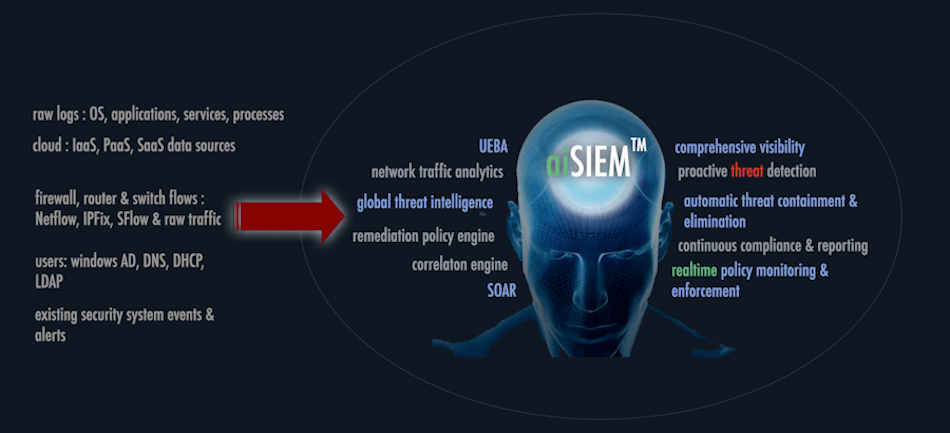

AI in Security Domain
In recent years, artificial intelligence (AI) has emerged as a game-changing technology with vast applications. Artificial intelligence has had a major effect in the field of cybersecurity. The special qualities it possesses are the cause for this.
To begin with, AI is superior to other technologies in its ability to handle and analyze massive volumes of data in real time, which enables the detection of complex and changing cyber threats that could otherwise go undetected.
Within AI systems, machine learning algorithms are always learning and adapting, which increases their ability to recognize and counteract novel attack patterns. Analytics enabled by AI also shed light on security occurrences, which helps with preventative measures and a quicker response to incidents. Artificial intelligence (AI) strengthens authentication processes by using behavioral analysis to flag outliers and possible breaches.
Automated threat detection, incident response, and threat intelligence are all made possible by AI, relieving pressure on human resources and freeing up security teams to focus on more important duties. In sum, AI is an indispensable tool for protecting digital assets from emerging cyber threats due to its speed, accuracy, and capacity to manage complexity.
Traditional security solutions are insufficient since cyber threats are always changing. In this piece, I’ll investigate the use of AI in cybersecurity and discuss its most exciting potential uses and benefits. My goal is to provide a holistic knowledge of AI’s best application in the realm of cybersecurity by analyzing its existing limitations and obstacles. By doing so, I hope to illuminate the benefits and caveats of using AI for cyber security.
Artificial intelligence’s contributions:
Conventional security measures sometimes fail to uncover anomalies, while AI-based solutions are excellent at doing so. Network traffic, user behavior, and system logs are just some of the types of data that may be analyzed by machine learning algorithms in order to establish regular patterns and spot abnormalities that may indicate a cyber assault. Artificial intelligence systems are able to detect new risks because they are always learning and improving through exposure to fresh information. Also, security teams may take a more proactive stance against assaults with the help of AI-powered threat intelligence platforms, which can process threat data from many sources and deliver real-time insights.
Passwords and other older forms of authentication are readily broken into and exploited. Machine learning algorithms are used by AI-based adaptive authentication systems to assess user activity patterns including typing velocity, mouse clicks, and device usage to create a personalized profile. Additional authentication measures or a suspicious activity alert may be triggered if the user’s behavior deviates from the predetermined profile. Artificial intelligence systems can improve authentication techniques by learning and adapting to user behavior.
By automating the examination of security events and alarms, AI-driven analytics can greatly improve security operations. Artificial intelligence (AI)-enabled Security Information and Event Management (SIEM) systems can swiftly correlate events and filter through vast amounts of security logs and data to identify risks. Rather than manually analyzing each security issue, AI systems may rank and categorize them based on severity. Analytics powered by AI can also identify patterns and trends in cyber attacks, which is useful for both preventative measures and the identification of threats.

Using past data, global threat intelligence feeds, and machine learning models, AI-powered predictive analytics can foresee potential cyber threats. Artificial intelligence can aid businesses in protecting themselves from new risks by analyzing massive volumes of data to discover patterns. To better adjust protection methods to the ever-changing threat landscape, security teams can benefit from the insights provided by predictive threat intelligence.
AI-enabled automation can significantly improve incident response capabilities. AI systems can autonomously analyze and correlate security events, identify the scope and impact of an incident, and recommend appropriate response actions. Automated incident response can help reduce response times, minimize the impact of attacks, and free up security teams to focus on critical tasks. AI can also assist in threat hunting by identifying indicators of compromise and providing actionable intelligence to investigate and remediate security incidents effectively.







